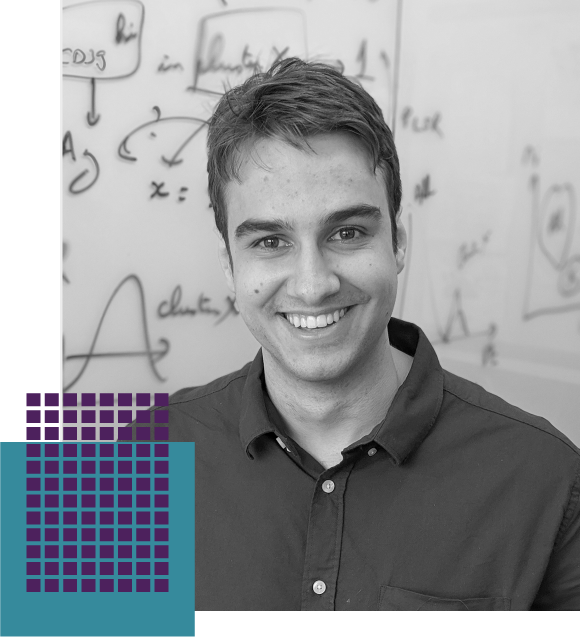" If you want to develop new methodologies in machine learning, study mathematics and physics alongside computer science/programming. "

Intro:
James Anibal, BS
CRTA Research Fellow (National Cancer Institute, NIH)
Background:
I studied computer science at Case Western Reserve University from 2016-2020 and in Spring 2020 I was accepted into the Computer Science PhD program at the University of Cambridge. I decided to spend a year working at the NIH because of the COVID-19 pandemic, so I will be starting my PhD in Fall 2021.
FAES: What course(s) and/or workshops will you be teaching in Spring 2021?
JA: I will be teaching the following workshop and courses:
BIOF 050: Introduction to Deep Learning (Workshop)
BIOF 051: Big Data Analysis made Easy (Workshop)
BIOF 101: Introductory Coding Skills
BIOF 509: Applied Machine Learning
BIOF 510: Advanced Applications of Artificial Intelligence
FAES: What are you most looking forward to for the upcoming semester?
JA:I am really looking forward to teaching the BIOF 101 course in March and May. I am thrilled that so many people want to learn computer programming. I am also very excited that this course is available to the general public - computer science should be accessible to everyone.
FAES: What is one piece of advice would you give to young professionals entering the field?
JA:If you want to develop new methodologies in machine learning, study mathematics and physics alongside computer science/programming.
FAES: What is your favorite course/subject to teach and why?
JA:I love teaching machine learning because it is such a relevant topic for biomedical researchers. My students have found very creative ways to apply what they learned in class to their own research!
FAES: Is there any further information you would like to provide to our readers (students, faculty, NIH community)?
JA:If you have suggestions for new workshops/classes in computer science, please send me an e-mail ( anibaljt@nih.gov ) and tell me about it!